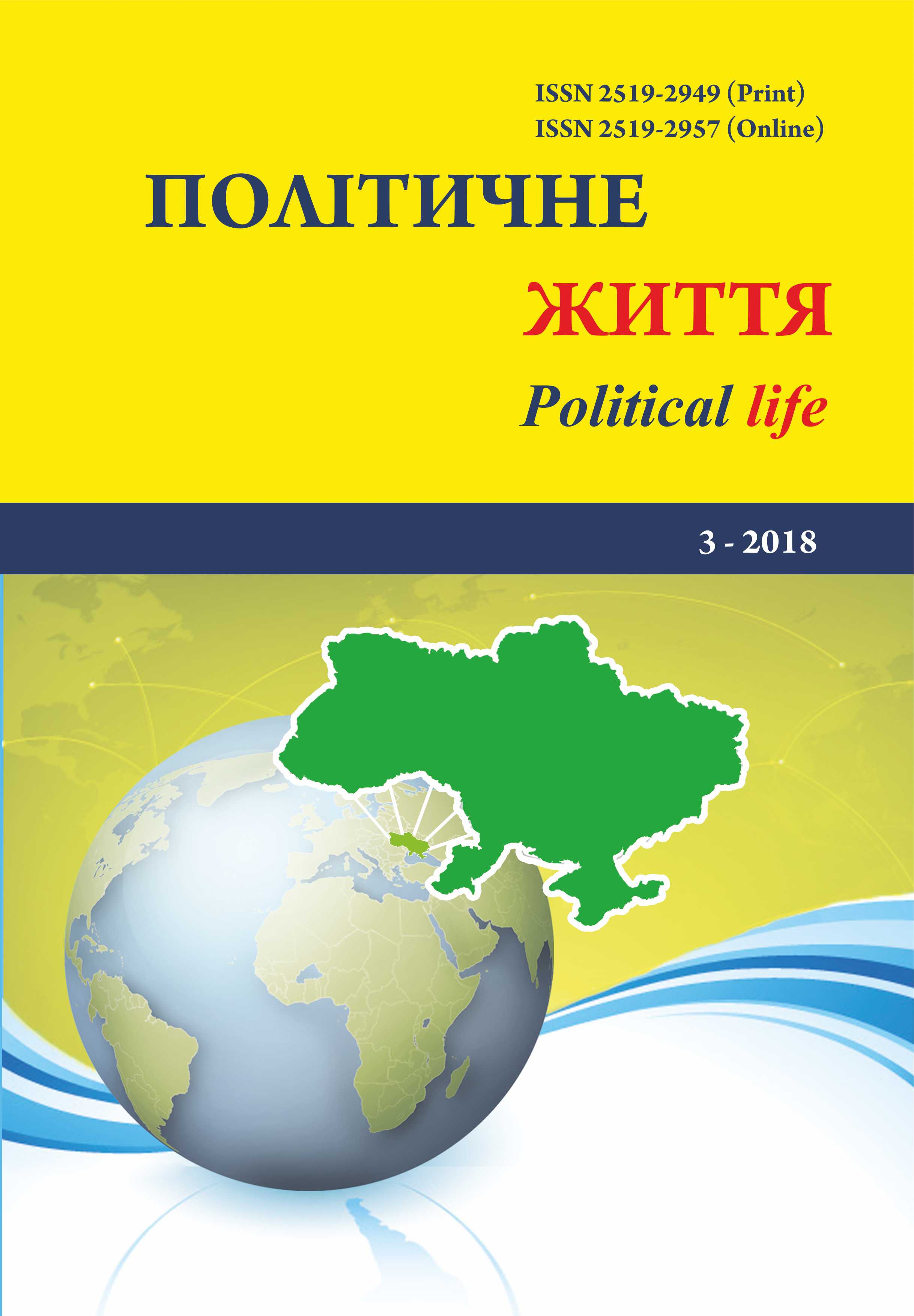Рецентралізація в Угорщині: наслідок становлення авторитарного режиму чи економічно обґрунтований крок?
DOI:
https://doi.org/10.31558/2519-2949.2018.3.7Ключові слова:
децентралізація, рецентралізація, Угорщина, спроможність громади, Віктор Орбан, фрагментарне управлінняАнотація
В статті аналізуються причини та передумови процесу рецентралізації в Угорщині, котрий відбувається з 2010 року. Висвітлено законодавчий, економічний та політичний аспекти функціонування децентралізованої Угорщини. Було вказано, що в Угорщині спостерігалась дуже сильна фрагментація управління, що перешкоджало ефективному наданню адміністративних послуг на місцях. Окрім того, мала місце невідповідність між широкою автономією закріпленою на законодавчому рівні, недостатністю фінансових ресурсів на реалізацію усіх наданих повноважень та відносно сильною політичною залежністю від провідних національних партій. Було продемонстровано наслідки такої політики, котрі фактично призвели до неспроможності великої кількості громад Угорщини через їх економічну та технічну неспроможність. Через це неспроможні громади були змушені брати кредити для реалізації покладених на них повноважень та надання адміністративних послуг. Ситуація особливо загострилася після кризи 2008 року, коли більшість громад не могли виплачувати кредити, адже в основному вони були в іноземній валюті. Авторами також проаналізовано позитивні (підвищення рівня спроможності, «ранжування» громад в залежності від їх розміру, передача надання ряду послуг на вищий, більш економічно доцільний, рівень) та негативні (загроза порушення прав населення та встановлення авторитарного режиму) сторони рецентралізації. Було також проведено аналогії з процесом децентралізації влади в Україні та вказано на досить професійний підхід до проведення даної реформи, а саме залучення міжнародних донорів та проектів міжнародної технічної допомоги з метою отримання в тому числі і консультаційної підтримки, що дозволило врахувати принаймні частину помилок децентралізації в Угорщині.Посилання
Soόs G, Dobos G. Against the Trend: Re-Centralization of the Local Government System in Hungary. Institute for Political Science; Centre for Social Sciences of the Hungarian Academy of Sciences. Prepared for the Panel “Quality of Democracy in Eastern Europe and Latin America in Comparative Perspective (RC34.261)”. IPSA World Congress, ontreal, Canada. July 21, 2014. [Електронний ресурс]. Режим доступу: paperroom.ipsa.org/papers/paper_36074.pdf.
Joumard, Isabelle and Per Mathis Kongsrud. (2003): Fiscal Relations Across Government Levels. OECD Economic Studies, No. 36, pp. 155-229.
Balázs I., Hoffman I. Can Recentralization Be a Modern Governance in Rural Areas? Transylvanian Review of Administrative Sciences, No. 50 E/2017, pp. 5-20
Fazekas, J., Fazekas, M., Hoff man, I., Rozsnyai K. and Szalai, É., Közigazgatási jog. Álatalános rész I, Budapest: ELTE Eötvös Kiadó, 2015.
Pálné Kovács, I., ‘Miért hagytuk, hogy így legyen? A területi decentralizációs reformok természetrajza Magyarországon’, 2013, Politikatudományi Szemle, vol. 22, no. 4, pp. 7-34.
Практичний посібник з питань формування спроможних територіальних громад. Посібник підготовлений в рамках “Ініціатива захисту прав та представлення інтересів місцевого самоврядування в Україні” (проект ДІАЛОГ). – Б.М. – Б.Р. [Електронний ресурс]. – Режим доступу: http://www.zhydachivrda.gov.ua/file/image/051/posibnik_gromadi_1.pdf

